English Food: A People's History
by Diane Purkiss
🏆 Winner of the Guild of Food Writers 2023 Food Book Award
Other books by Diane Purkiss
Our most recommended books
-

The Omnivore’s Dilemma
by Michael Pollan -

The Food Police: A Well-Fed Manifesto About the Politics of Your Plate
by Jayson Lusk -

The Omnivore's Dilemma: A Natural History of Four Meals
by Michael Pollan -

Paradox of Plenty
by Harvey Levenstein -

The Hungry Empire: How Britain's Quest for Food Shaped the Modern World
by Lizzie Collingham -

Fast Food Nation
by Eric Schlosser
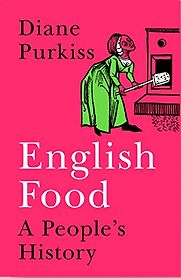
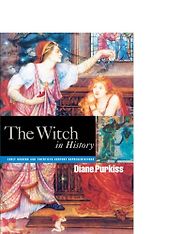
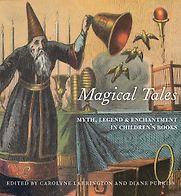
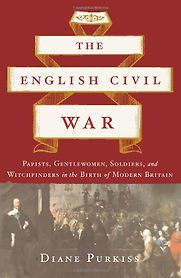
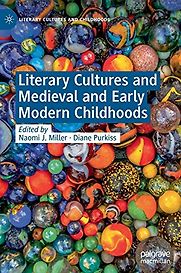
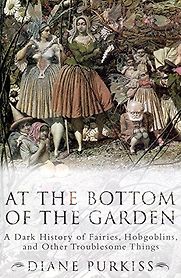
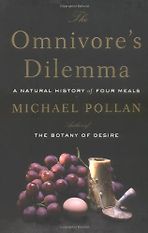
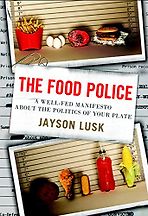
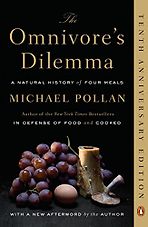
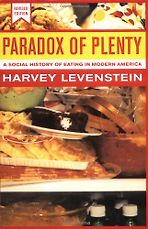
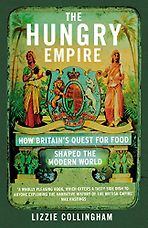
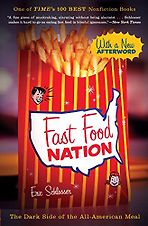
The book, according to the author